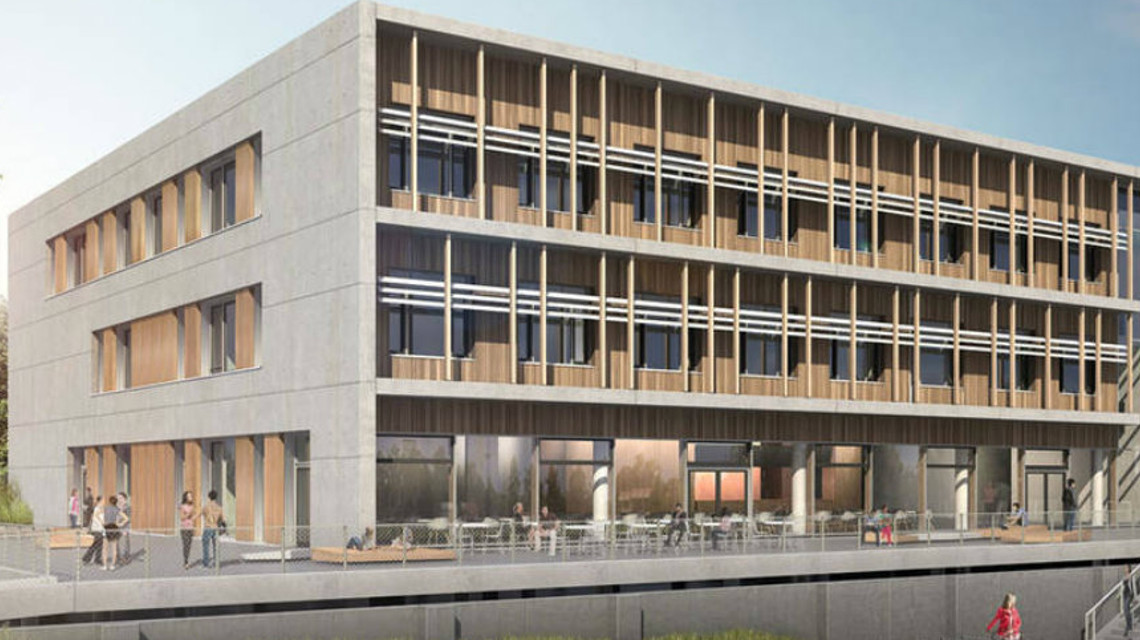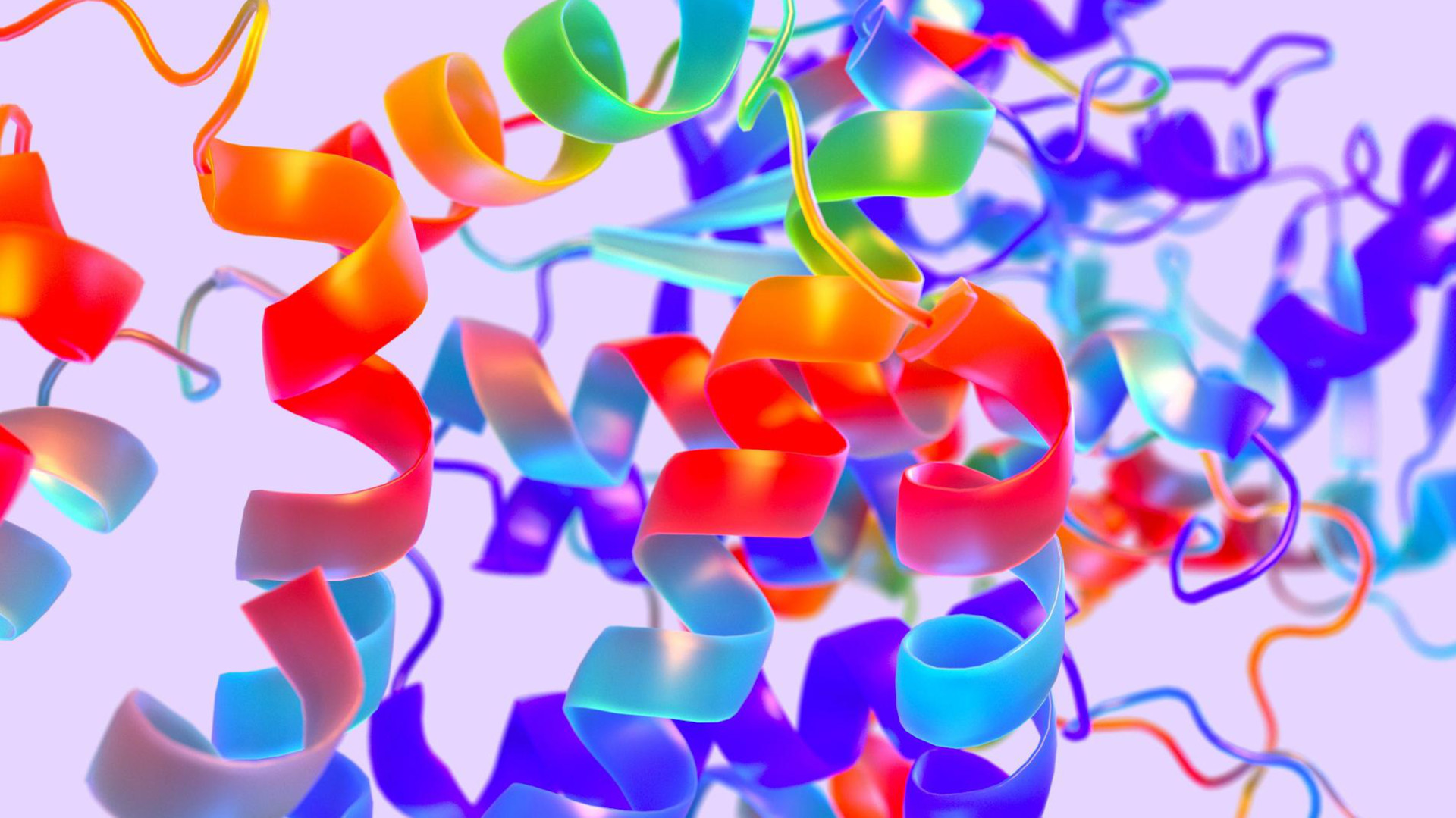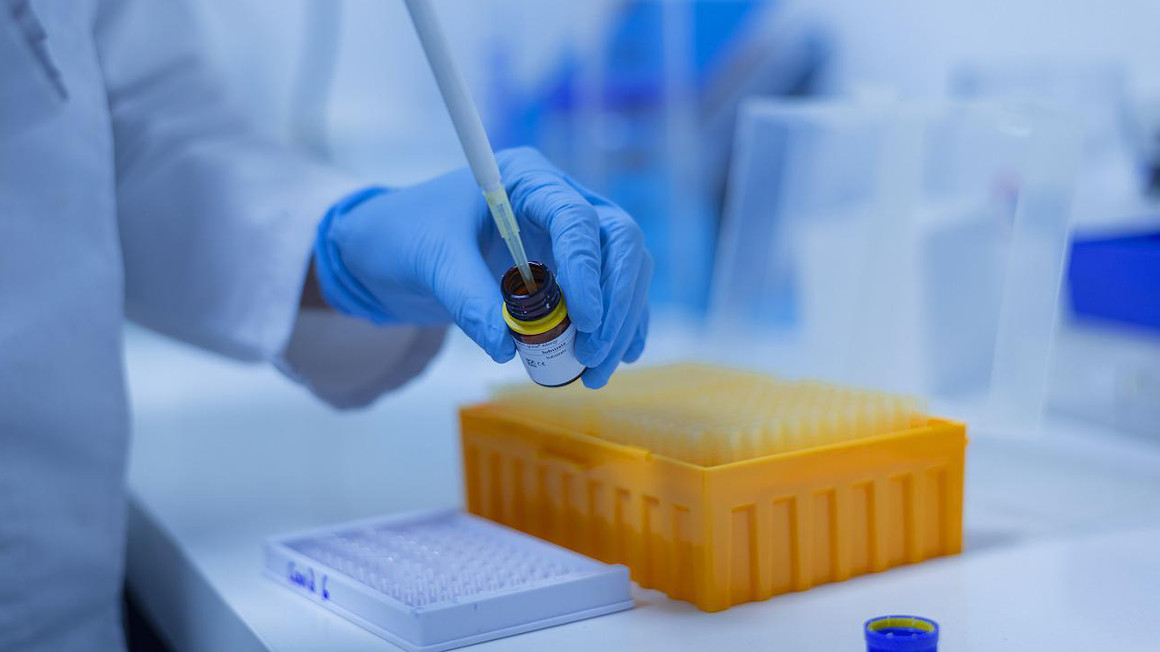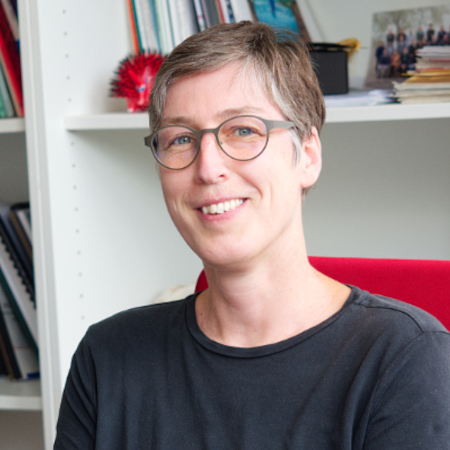TU Munich with new bioeconomy campus
The Technical University in Munich is expanding its Straubing site: The new campus will focus on industrial biotechnology and bioeconomy.

The Campus Straubing for Biotechnology and Sustainability will become a new Integrative Research Centre at the Technical University of Munich (TUM). The specific focus in research and teaching that has been envisioned will make this new centre unique: It will concentrate on renewable resources, biotechnology, and bioeconomy. For this, new interdisciplinary degree programs will be established, which will only be offered by TUM in Straubing and nowhere else in the country.
An integrated research centre
Following an unanimous decision by the Bavarian Parliament on July 19, 2017, the TUM will fully integrate Campus Straubing taking effect October 1, 2017, and will constitute it as an Integrative Research Centre, or IRC for short. IRCs take an interdisciplinary approach to research and are entitled to award doctorates. The other three campus locations of TUM are Munich, Garching, and Weihenstephan. The Weihenstephan-Triesdorf University of Applied Sciences will continue to act as TUM's cooperation partner in Straubing.
A first in Germany: a master’s in bioeconomy
The new campus will provide space for 1,000 students. A total of ten new degree programs are planned, all of which will focus on biotechnology and sustainability. Three of them will be launched in the 2017/18 winter semester, and the 2018/19 winter semester will see the introduction of both a bachelor's and a master's program in bioeconomy. This kind of bachelor's program will be is a first for Germany. By 2021 approximately 80 new jobs in research and teaching will be created for this endeavour, 17 of which will be professorships.
As part of the expansion plans for the location, a new laboratory and lecture hall building for sustainable chemistry will provide 8,000 m2 of space for research laboratories, offices, seminar rooms, working facilities and a divisible lecture hall. The costs for the construction work are estimated at €40.5 million.
Conditions for qualified cooperations
Straubing was founded as a research location for renewable resources in 2001. About one year ago plans to join the umbrella of TUM were made public. The campus will include several faculties and will be allowed to award doctorates to graduate students. The focus thus far was on the namesake renewable resources, but will now be expanded to include topics related to biotechnology and bioeconomy as well. “Straubing is no longer a footnote of several institutions, but rather a university location and as a result will be expanded as such. This clarity will help in attracting excellent professors, students, and employees”, TUM President Wolfgang A. Herrmann said in March this year.
This decision by the State Government put an end to the recurring issue of the identity of the Straubing institution. Moreover, the now finalised law that was prepared by the Ministry of Science, creates clear conditions and leaves room for qualified cooperation.
ml/jmr


